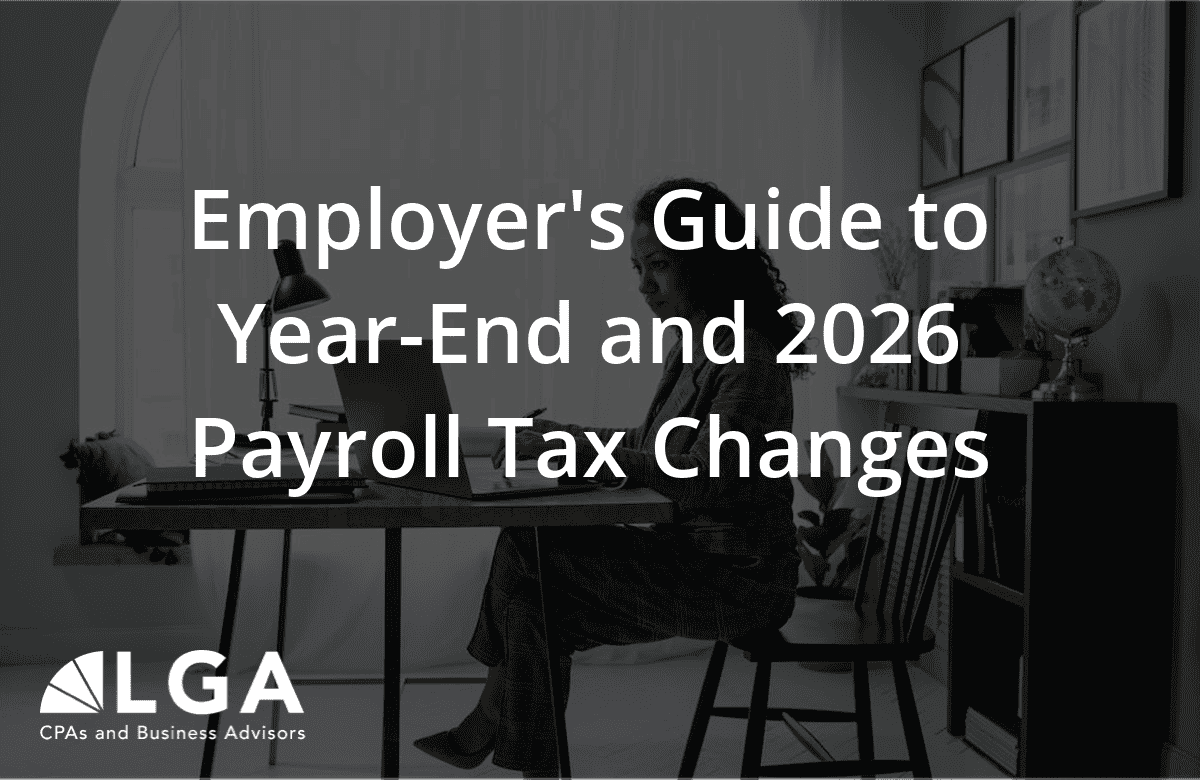
We’ve all heard of a 1031 exchange and its benefits. You can defer the taxes on the gains of a property in a “like kind property”, but with the incentives come challenges and frustrations. This process can be a great tool if you know you’ll be trading one property up for another, because it requires an investor to identify a property within 45 days of selling and then close within 180 days. However, if you’re selling the property simply because you’re fed up with being a landlord and taking calls at 3 AM about a clogged toilet or replacing a smoke detector battery, then a 1031 exchange will only move your headaches from one property to another.
Thankfully, you’re in luck. There is another way besides a 1031 exchange to postpone the gains that will come with selling this property. The lesser known 721 exchange allows you to transfer an investment into a Real Estate Investment Trust (REIT) or Umbrella Partnership Real Estate Investment Trust (UPREIT), turning your property into a truly passive investment while diversifying your capital into a portfolio.
Of course, a 721 exchange isn’t as simple as selling your property and buying some shares in a REIT. There are qualified intermediaries involved who specialize in facilitating these types of transactions. As part of this transaction, typically you’re utilizing a 1031 exchange to purchase a fraction of a property which will be held for 24 months to assure the 1031 exchange remains valid. After this point, the property which you now have fractional ownership in will be transferred to a REIT in exchange for operating partnership units (correlated to the value of the building).
This All Sounds Great… What’s the Catch?
As it is with the 1030, a 721 exchange is merely a delay on the taxable event. Here are the two most common times when the taxes become due:
The most predominant issue that many investors face is that once the 721 exchange is completed, they are no longer able to “switch back” with a 1031 from the REIT or UPREIT’s shares to real estate. This means that the sale or disposition of these shares is the transaction that will trigger a taxable event. Most often the investor can choose when this happens, so some tax planning can help to mitigate the tax paid.
Another common issue that investors encounter occurs when an UPREIT takes control over the property which transfers into the fund. Once the asset is disposed or sold, a taxable event is triggered for the investors. The investors may not have a say in when this happens.
So, is a 721 Exchange Right for You?
Find out more about our Business Consulting services or contact Frank Storniolo today for a consultation!
Written by Mike Abramowitz





